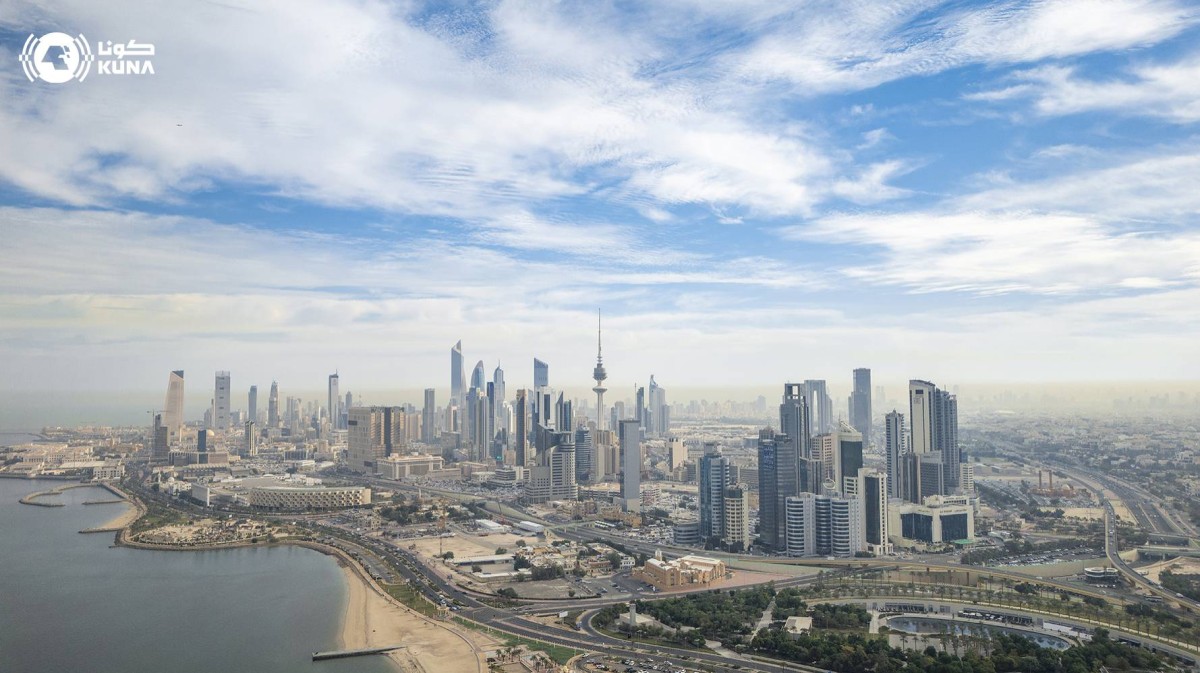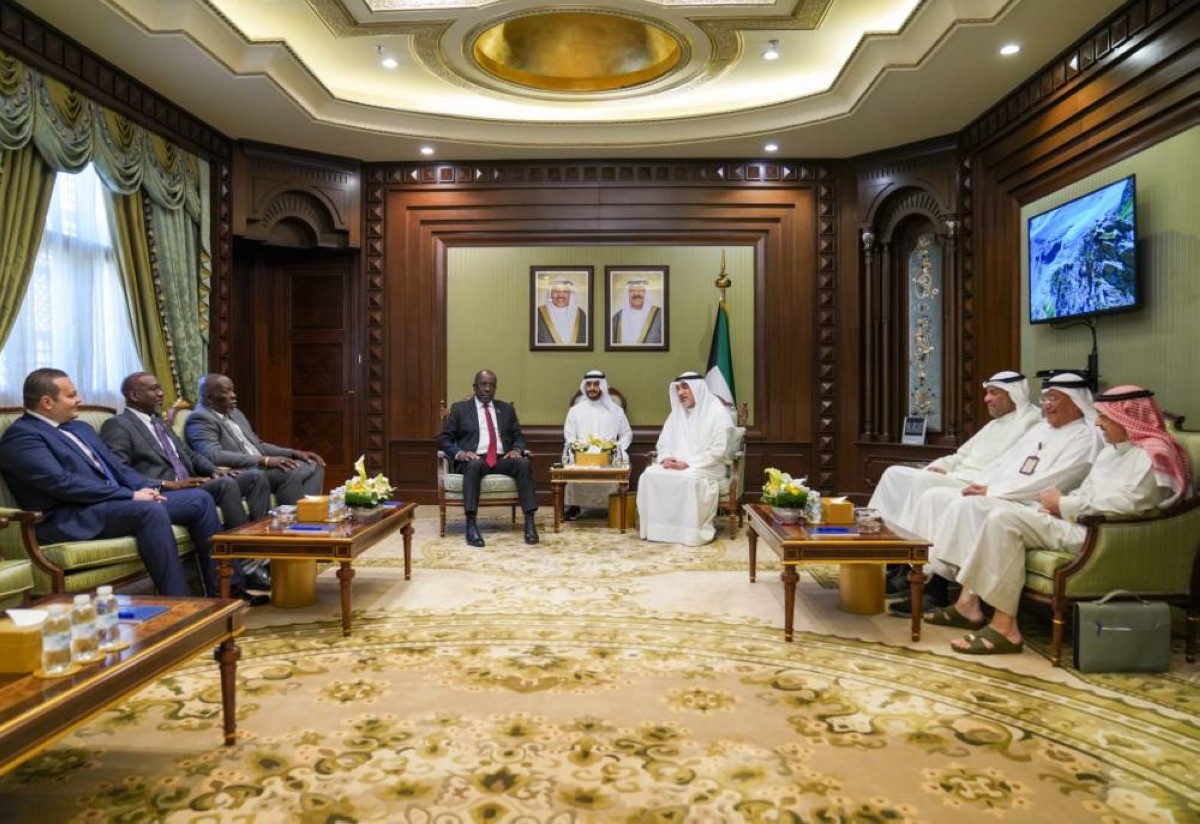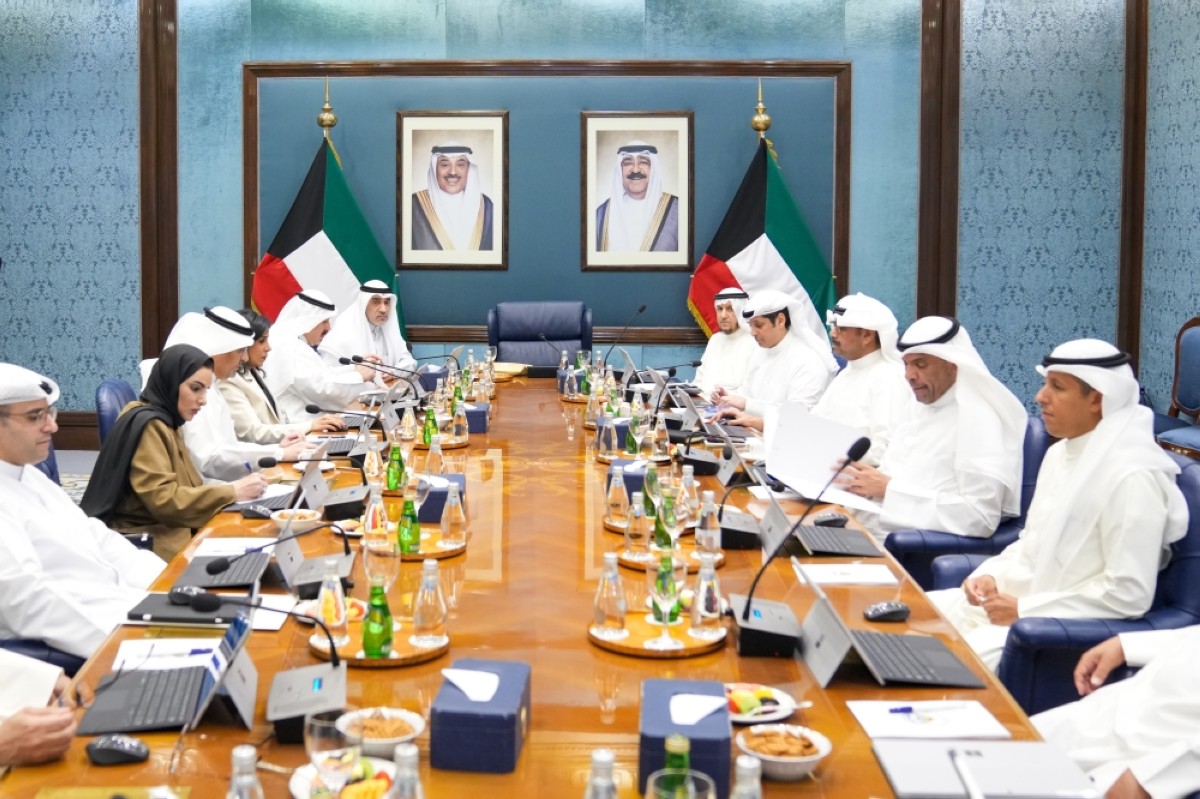Latest News
Unpaid bills? Kuwait can suspend your electricity, water, and more starting September

Latest News
Kuwait Acting PM receives Antigua and Barbuda’s Foreign Minister
Latest News
Sept 4 declared holiday for Prophet’s birthday
Latest News
Expert urges caution as rising humidity triggers respiratory issues
-

 Latest News12 hours ago
Latest News12 hours agoKuwait, Somalia strengthen ties with new agreements
-

 Latest News11 hours ago
Latest News11 hours agoNew rules to protect public money, speed up courts
-

 Business18 hours ago
Business18 hours agoKamco Invest reports a net profit of KWD7.1mn for the first half of 2025
-

 Business19 hours ago
Business19 hours agoAgility Global PLC Reports Q2 2025 EBIT of $97 Million
-

 Latest News17 hours ago
Latest News17 hours agoFamily visit visas open to all, ‘no salary cap needed’
-

 Latest News13 hours ago
Latest News13 hours agoKuwait Times Summer Program interns visit NIC
-

 Politics22 hours ago
Politics22 hours agoKuwaiti woman arrested for sorcery, witchcraft, and fraudulent practices
-

 Latest News20 hours ago
Latest News20 hours agoKuwait’s KISR launches IKARUS platform for high-performance computing and AI


















